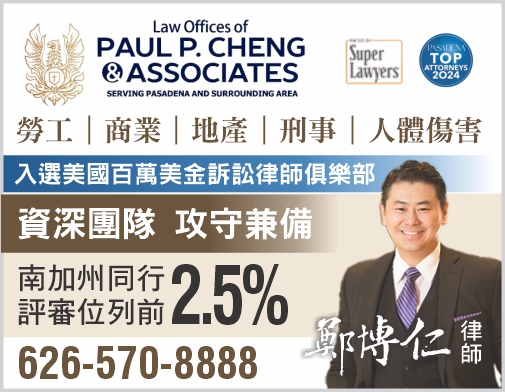CREDITOR’S REFUSAL TO FORECLOSE IS NOT VIOLATION OF DISCHARGE
Debtor walks away from his residence because it is under water with no equity whatsoever then files for Chapter 7 relief. The house is worth $300,000 but the mortgage owed is $400,000. Debtor obtains a discharge of all his debts including the mortgage. Six months post-discharge, debtor receives a real estate tax bill for $4,000 due April 15, 2013. The Los Angeles Treasurer’s bill states that the property is still owned by debtor. The bank has not foreclosed on the property; therefore, debtor still owns the property. Who is liable for the tax bill of $4,000? Answer: debtor is liable on the tax bill because he still owns the property. The discharge order wipes out all real estate taxes due before the bankruptcy case was filed. It does not discharge real estate taxes which come due after the bankruptcy was filed. Property owners are liable for the taxes on the property even if the mortgage is discharged and as long as they own the property! What is the bank doing by not foreclosing on the property despite discharge of the mortgage? It is avoiding liability for real estate taxes on the property.
But can debtor force creditor to foreclose by arguing that creditor’s refusal to foreclose is a violation of the discharge order?
In Re Canning v. Beneficial Maine Inc., the Chapter 7 debtors’ home was worth $130,000 subject to a mortgage held by Beneficial Maine Inc. for $186,521. Debtor’s statement of intention in his bankruptcy petition said that they will abandon their home. After they received a discharge in June 2009, Beneficial informed debtors that it would “not initiate and/or complete foreclosure proceedings on their home. You will retain ownership of the property” and “we will no longer advance any payments for taxes and insurances. You will be solely responsible for the payment of taxes, insurance, and maintenance of this property.” Debtors responded by reminding Beneficial that they had received a discharge, and demanding that the lender either “(a) immediately commence foreclosure proceedings or (2) immediately discharge the mortgage on the property.”
Beneficial replied that it was “unable to honor your request to release the lien until the lien balance is satisfied in the amount of $186,324.15. However, we could consider a settlement option or a short sale.” The letter also explained that the debtors’ account had been charged off; that they had no personal obligation to pay the lien balance, and that its letter was not an attempt to collect from them personally. The debtors replied by warning that an adversary complaint would be filed if the lender failed to either foreclose or release its lien. Beneficial did not change its position.
Debtors filed the adversary complaint against Beneficial arguing that creditor’s failure to foreclose or surrender its lien violated the discharge injunction by attempting to coerce payment of the discharged debt.
The court said that “pay in full” was not the only option offered to the debtors. Beneficial said it was willing to release its lien through either a settlement offer or a short sale. Thus, Beneficial did not intend to collect more than the collateral was worth. Moreover, the court said not only did the house have value, its value could increase. From the foregoing, we can see that the court is leaning towards Beneficial’s position. “Debtors invoke the ‘fresh start’ to indirectly validate the decision to abandon their residence. They do so without providing any evidence showing that the residence posed an undue burden upon them after their bankruptcy discharge. The debtors also fail to advance any legal authority, and we are not aware of any, to support the proposition that a homeowner may walk away, with no strings attached, from their legally owned residence. But even worse, in vacating their residence, the debtors placed many of the burdens of dealing with an abandoned property on their neighbors (the judge being one of them), their town, and their city – in other words, on everyone but them,” the court said.
Lawrence Bautista Yang is a graduate of Georgetown University Law Center and has been in law practice for thirty years. He specializes in bankruptcy, business and civil litigation and has handled more than five thousand successful bankruptcy cases in California. He speaks Mandarin and Fujien and looks forward to discussing your case with you personally. Please call (626) 284-1142 for an appointment at 1000 S Fremont Ave Bldg A-1 Suite 1125 Unit 58 Alhambra, CA 91803.
图片翻摄自网路,版权归原作者所有。如有侵权请联系我们,我们将及时处理。
 點評
點評 微信
微信 微博
微博






